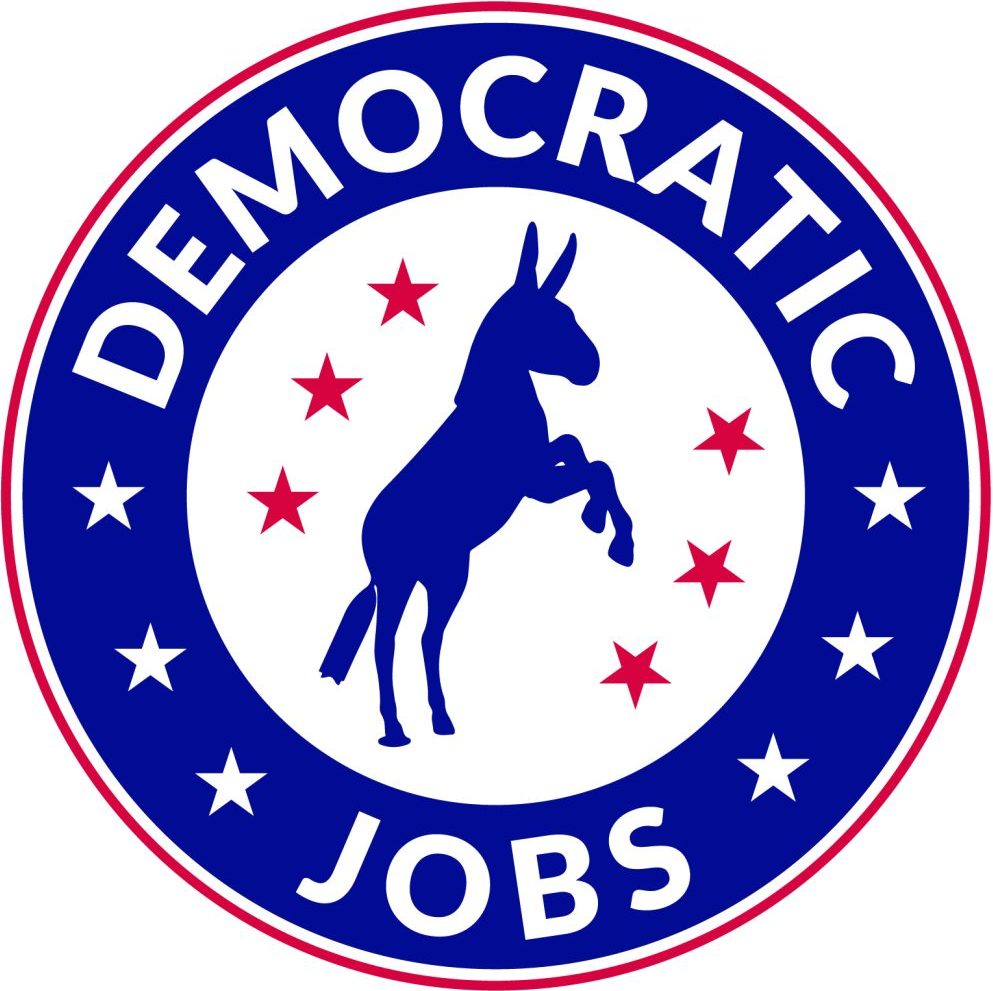State Democratic Committees play a crucial role in the United States’ political landscape. They are the backbone of the Democratic Party at the state level, responsible for a myriad of functions that are pivotal in promoting the party’s candidates and ideals. In this article, we will dive deep into the world of State Democratic Committees, exploring their history, structure, functions, and much more.
Introduction
State Democratic Committees are essential components of the Democratic Party, serving as the primary apparatus for organizing and executing party activities at the state level. These committees are integral to the party’s efforts in promoting its candidates, policies, and values.
History of State Democratic Committees
To understand the significance of State Democratic Committees, it’s important to look back at their history. These committees were established as part of the broader democratic movement and have evolved significantly over the years. We will explore key milestones in their development.
Structure and Organization
State Democratic Committees have a distinct hierarchy and organization. They consist of a chairperson, members, and various subcommittees, each with specific responsibilities. Additionally, we will delve into how they are connected to the national Democratic Party.
Functions and Responsibilities
These committees have a wide range of functions and responsibilities, including fundraising, organizing grassroots activities, and supporting Democratic candidates. We’ll provide an in-depth look at their duties.
State Democratic Committees vs. National Democratic Party
While State Democratic Committees are integral to the party’s success at the state level, it’s essential to understand the differences and synergies between these state bodies and the national Democratic Party.
Funding and Financial Management
Funding is a critical aspect of any political organization. We’ll explore the sources of funding for State Democratic Committees, as well as how they allocate and manage their financial resources.
Role in Candidate Selection
State Democratic Committees play a pivotal role in endorsing and supporting Democratic candidates. We will discuss the significance of their involvement in candidate selection and their influence on local elections.
Voter Outreach and Mobilization
Engaging with voters is a top priority for State Democratic Committees. We will explore the strategies they employ for voter outreach, including voter registration initiatives and turnout efforts.
Key States and Swing States
Some states carry more weight in national elections than others. We will discuss the significance of certain key states and swing states and how State Democratic Committees influence the party’s strategy.
Grassroots and Party Building
Building a strong local presence is vital for the Democratic Party’s success. We’ll look at the initiatives undertaken by State Democratic Committees to strengthen the party at the grassroots level.
Challenges and Criticisms
No organization is without its challenges and criticisms. We will address common issues faced by State Democratic Committees and discuss both internal and external criticisms.
Success Stories
State Democratic Committees have had a significant impact on many occasions. We will highlight instances where they made a difference and celebrate their accomplishments.
Future Outlook
The role of State Democratic Committees continues to evolve. We’ll examine their future outlook in the ever-changing political landscape and identify areas for potential growth and development.
Conclusion
In conclusion, State Democratic Committees are the unsung heroes of the Democratic Party. Their dedication to organizing, mobilizing, and promoting Democratic values at the state level is paramount to the party’s success.
Frequently Asked Questions (FAQs)
Q1. What are State Democratic Committees?
A1. State Democratic Committees are state-level organizations within the Democratic Party responsible for organizing and executing party activities.
Q2. How do State Democratic Committees influence candidate selection?
A2. They play a crucial role in endorsing and supporting Democratic candidates, especially in local elections.
Q3. What challenges do State Democratic Committees face?
A3. Common challenges include fundraising, voter engagement, and internal party dynamics.
Q4. Can you give an example of a State Democratic Committee’s success story?
A4. State committees have successfully mobilized voters and played key roles in important elections.
Q5. What’s the best way to get involved with your local State Democratic Committee?
A5. Contact your local committee or visit their website to find out about volunteer opportunities and events.
